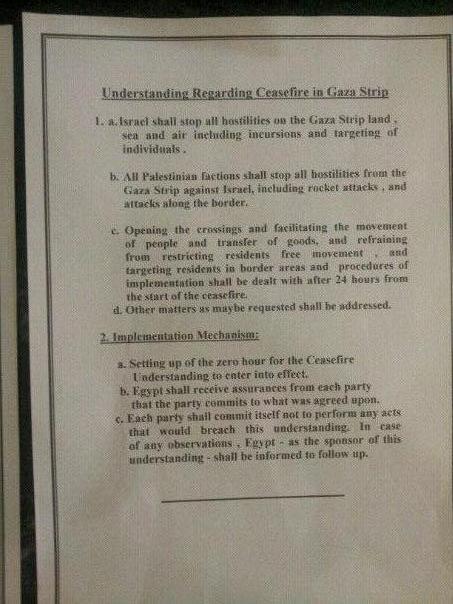‘Perception of bias can be as damaging as the reality’
Met. Police Commissioner Bernard Hogan Howe
This is from a document from the BBC (via Guido) which is making the case for them not revealing their spending but it also reveals their level of management reduction which you might bear in mind as you read the interview by Victoria Derbyshire with the Met. Police Commissioner Bernard Hogan Howe…..
‘Between 2009 and 2011, we reduced the senior management pay bill by 26.9% and reduced headcount by 24.4%.’
One of the biggest and most contentious issues in Government policy is the cutting of the Police budget by 20%. This has been a favourite subject of the Media and in particular the BBC over the last couple of years.
It played out in front of us with ‘Plebgate’ as the police looked to be playing a political game to embarrass the Government and the Police Federation milked it for all it was worth.
We are frequently warned that cuts will lead to frontline officer numbers being reduced and that crime will rise as a result.
You might think that a long interview with the Metropolitan Police Commissioner, in which he speaks about the effect of the cuts on the effectiveness of his force, would be news.
You would only be partially right in thinking that….for some parts of the interview were deemed more newsworthy than others for the BBC editors….Plebgate for instance was highlighted, police moral over pay and pensions was highlighted with a suggestion that public sector pay should be allowed to go up, the BBC’s own interest in regard to the Savile investigation was highlighted…but one revealing part of the interview went missing.
You might have thought that the senior policeman in charge of the Met. saying that the budget cuts and the actions taken to meet them meant he would have a better and leaner police force, that the changes were reasonable and sensible, would be news. You might think that when he says that the changes should be made even if we were not in a recession somebody at the BBC would think ‘That’s an important statement that contrasts starkly with what opponents of the cuts say’.
You’d be wrong if you thought that. The BBC ignored the inconvenient and highly politically embarrassing comments for some, and proceeded to highlight everything it could that it thought would make the cuts look like they will damage the police force….for instance how often do you hear that an extra 2000 police constables will be on the ‘frontline’ in those news bulletins? Not once.
This is the BBC once more playing politics and hiding the facts to suit its own agenda.
Judge for yourself…..
This is the BBC introduction to the radio interview on 5Live:
‘The Metropolitan Police Commissioner Bernard Hogan Howe says he believes the police officers involved in plebgate row with Andrew Mitchell DID accurately report events. He also explains why morale in the force is low, and why public sector pay rises should be considered in future.’
The whole interview, about 50 mins long, is worth a listen as Hogan Howe is very open about everything and the interview is wideranging and covers a lot of contentious or well known issues.
Here is the relevant part of the interview (From 38 mins in …whole thing starts at 29 mins), slightly abridged…..
VD: Let’s talk about the cuts to the Metropolitan Police budget of £500 million by 2015, senior officers cut by a quarter and replaced by 2000 police constables….what kind of force will you be left with?
HH: Well it’ll be different but it will be better. There’s no doubt that any organisation trying to find £500m is a challenge…that said our budget is £3.5 billion/year, so it’s a significant amount of money but we have a significant budget.
I hope what you will see is we will be leaner, we’ll have less managers, I don’t think its always true that more managers make a better organisation. (Just ask Paxman).
VD: But you’re losing a quarter of senior officers, how can the force end up being better?
HH: More managers don’t make a better organisation.
VD: I’m not suggesting it does but with a quarter of officers gone….
HH: The point I was going to make…if you look at the ratio of managers to managed around the rest of the police forces around the country probably the least managed have a 1 to 10 ratio, the average is 1 to 7, and ours is 1 to 5.….so all we’re talking about is getting our ratio up to 1 to 6 because the Met is big and difficult to manage…we’re not Norfolk. Going from 1 to 5 to 1 to 6 is a 20% difference and I think it’s reasonable. We will try to concentrate the supervision where we most need it.
Our broad point is we can have less managers and when we do look at some of the roles in the Met. they can appear over ranked.
VD: What do you mean?
HH: Well if you look at management and command teams in Lambeth, which is a very challenging area, the command team, such as Chief Superintendents, deserve their money…but then there are also CSI’s who run policy units.
VD: You don’t need CSI’s to run policy units.
HH: No, and of course over the last 20 years the force has grown and some of the money has been spent wisely and some actually….it’s like for all of us…if we an get away with it we’ll do it. But at the moment we can’t get away with it so the challenge is to spend the money wisely.
They might be perceived as radical changes but we think they are sensible changes and even if we weren’t in a recession some of it we would do because it’s what we should be doing, spending money wisely.
I think this is a reasonable change.



